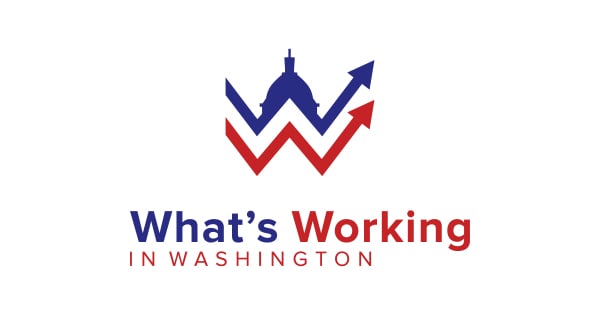How to Build Savings While in Debt for America Saves Week #ASW2020
In honor of America Saves Week, one of the themes this week was to save for the unexpected and build an emergency fund. Here at the NFCC, we really encourage building an emergency savings fund so that individuals have some cushion to prevent them from going further in debt when unexpected expenses pop up.
This week we had a Facebook Live event and answered several questions around the topic of saving while in debt. Below are the quick answers. For more in depth answers please check out the video linked below.
How much should you have in an emergency fund?
Ideally, you should save three to six months’ worth of take-home pay.
How can you save without hindering paying off your debt?
By having a plan. Be sure to always pay yourself first. Have a set amount that goes directly to your savings and then budget for your debt payments.
How does paying off your debt help with your savings?
Paying off debt helps you save in two ways. It saves you money because you are not paying as much interest each time you decrease the amount you owe. Also, once your debt is paid off you should put all of the money you had budgeted for debt into savings so that your strategy after paying off debt is to save, save, save.
Where should people keep the money? What types of accounts offer the best interest rates?
Money for emergency savings should be kept somewhere easily accessible so that if an emergency arises, you can get the money quickly. If you are building a savings for a home down payment, a car or just for retirement, consider other savings options with higher interest rates such as a money market account or a certificate of deposit account.
Should people be putting money in retirement savings while they are in debt?
Yes, if possible, people should not delay saving for retirement while they are paying off debt. The longer you can contribute to retirement, the more time the money has to compound interest and grow.
How can nonprofit credit counseling help people with a budget and building up their savings?
A nonprofit credit counselor can help you come up with a plan that works for you, to pay off debt and reach your savings goals. Each session is uniquely tailored to the specific needs of the individual.
What is America Saves?
America Saves is campaign managed by the nonprofit Consumer Federation of America that is focused on motivating, encouraging and supporting low- to moderate-income households in their goals to save money, reduce debt, and build wealth.
You can check out the live event to learn more by watching the video below! If you have any topics you’d like for us to cover in coming up #FinancialFacts chats, comment on the video with those ideas!
The post How to Build Savings While in Debt for America Saves Week #ASW2020 appeared first on NFCC.
Read more: nfcc.org


